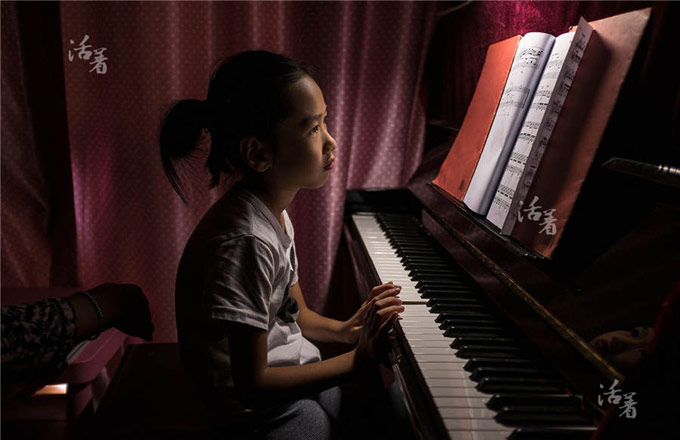In China's cities, elderly migrants live on the edge
There are 18 million people aged 60 and older who spend more than six months a year living away from their registered hometowns, according to a migrant population report released by China's National Health and Family Planning Commission last month.
Unlike young migrants, who are quick-learners and have large social circles in big cities, the elderly have fewer friends and less access to healthcare, often finding it hard to adapt to an alien world.
Zhang Zhenhui, 62, is a native of Hezhou city, Guangxi Zhuang autonomous region. His son works in real estate in the regional capital Nanning.
In 2013, when Zhang's daughter-in-law was about to give birth, Zhang and his wife moved to Nanning to look after the baby.
Now that his grandson is going to enter kindergarten, Zhang has told his son that they are leaving to take care of a second grandchild, to be delivered by his daughter back home.
"Actually, it is just an excuse; we are tired of living here," Zhang said.
He described babysitting as tiring and boring, adding that his son and daughter-in-law seldom talk to him after work, making Zhang and his wife feel even more lonely.
In China, where most young women have jobs, children are usually looked after by their grandparents. While young people flow into the big cities to earn a living, their parents often join them to help out with the children.
In the past two years, with China introducing a universal second-child policy, such arrangements are even more common.
According to the family planning commission report, up to 43 percent of elderly migrants take care of their grandchildren.
While many senior citizens leave their hometown to look after their grandchildren, others head to cities to have their family look after them. Xu Shouye, 71, is one of them.
After his wife died two years ago, Xu moved from a rural area in Henan province to Chongqing Municipality in Southwest China, where his son works.
"My son will not let me go outside, because he thinks I will get lost," Xusaid. "It is like a cage."
Zou Shunkang, a public administration professor at Southwest University in Chongqing, called for young people to talk with their parents and address their emotions.
He suggested volunteers and social organizations offer more services for seniors.
"Local governments should step up efforts to address regional disparities in social benefits so that migrants of all ages can have their medical expenses covered," he said.
























